Minnesota Authorities Investigate Tragic Murder-Suicide of Kenyan Healthcare Worker
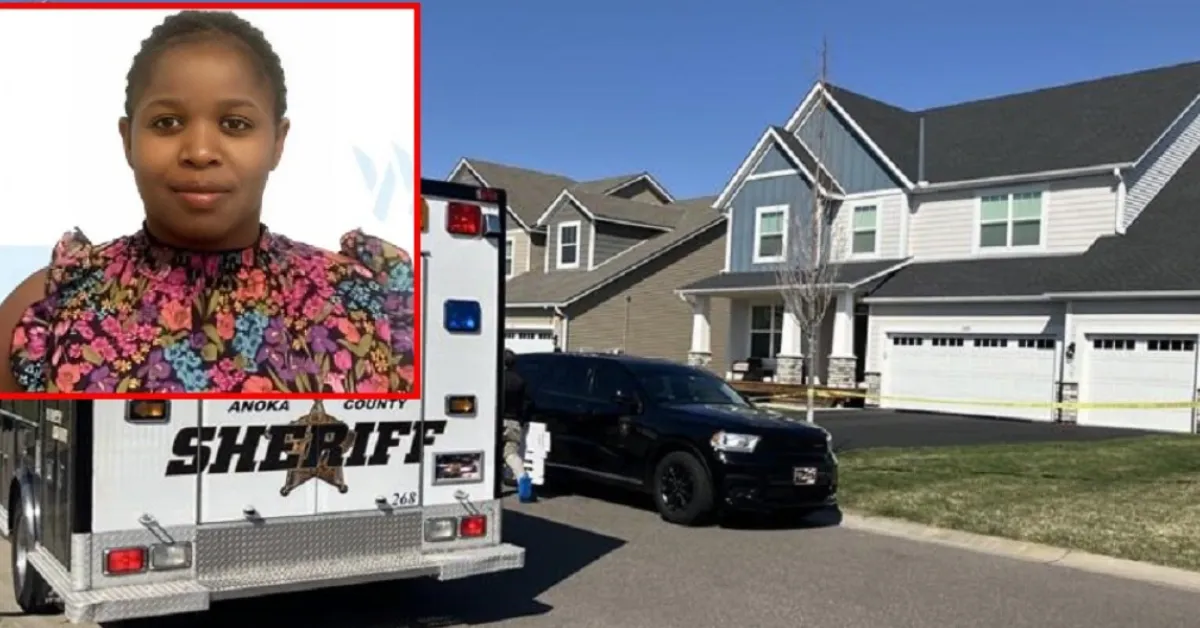
The death of Hulda Bochere Mosiori, a 42-year-old Kenyan-born Psychiatric Mental Health Nurse Practitioner, is under investigation as a murder-suicide.
On April 22, authorities responded to a report of a shooting at Mosiori's residence in Ramsey, where they found her dead along with Mel Melchizedek, the father of her four children. Anoka County Sheriff's Office reports indicate that Melchizedek forced his way into Mosiori's home, leading to a violent confrontation. It is believed that Melchizedek shot Mosiori before taking his own life.
Local law enforcement, including the Ramsey Police Department and the Anoka County Sheriff's Office, have been conducting a comprehensive investigation into the incident, with assistance from the Midwest Medical Examiner's Office. Officials have assured the public that there is no ongoing threat. Mosiori's death has resonated deeply within both the local community and the Kenyan diaspora. Known as a respected healthcare professional and business owner, her loss is felt acutely by those who knew her and by many who see her story as a reflection of broader issues facing Kenyan women, particularly those living abroad.
Minnesota State Representative Huldah Momanyi Hiltsley, a Kenyan-American legislator, expresses her sorrow and emphasises the pervasive nature of domestic violence. She notes that Mosiori's death highlights the urgent need for comprehensive strategies to combat such violence, including community awareness, early intervention, and culturally sensitive support systems.
Domestic violence remains a significant concern in the United States, affecting individuals across various demographics. Minnesota has several resources and legal protections in place, including mandatory arrest policies, protective orders, and initiatives supported by the Violence Against Women Act. Representative Momanyi stresses that while these legal measures are essential, they are insufficient on their own.
She advocates for a more proactive approach that includes education, outreach, and readily accessible support networks for victims and survivors. She specifically advises Kenyans living in the diaspora to be vigilant about the signs of abusive behaviour, which can often begin with emotional and psychological manipulation before escalating to physical violence.
"No one should suffer in silence or feel embarrassed about seeking help," Momanyi-Hiltsley stated, urging individuals to trust their instincts and confide in trusted friends, community leaders, or professionals.
She also calls for the removal of cultural stigmas that discourage victims from speaking out, noting that communities must prioritise the safety and well-being of victims over traditions that perpetuate silence. In addition to immediate interventions, Representative Momanyi advocates for practical measures to protect dependents in the event of unforeseen tragedies. These include writing wills, creating guardianship papers, and securing life insurance. She acknowledges that discussions around life insurance can be culturally uncomfortable but emphasises its role as an act of responsibility and love, ensuring financial and emotional security for loved ones.
Diasporans often navigate multiple responsibilities, including work, family, immigration struggles, and the emotional toll of living far from home. They maintain connections to their roots, often supporting relatives back in Kenya, while their own needs for compassion and understanding are frequently overlooked. Representative Momanyi urges for healthier and more balanced relationships between diasporans and their communities back in Kenya, emphasising mutual understanding and reciprocity.
"Support must go both ways," she said. "It’s not just about providing help but recognizing the magnitude of responsibility that individuals already shoulder in the diaspora."


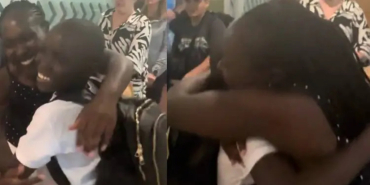
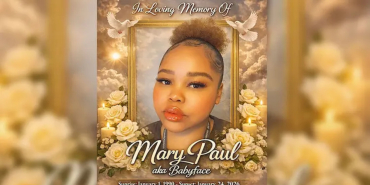
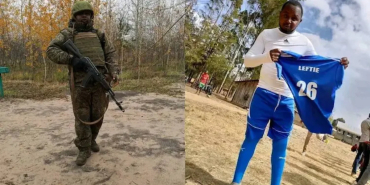
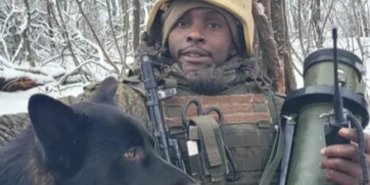
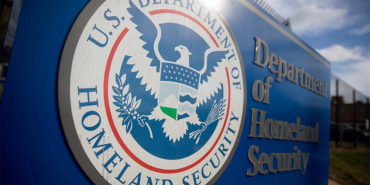
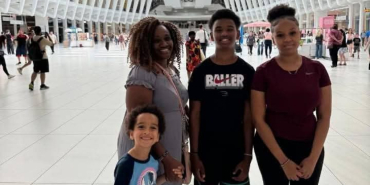
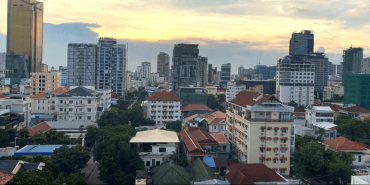
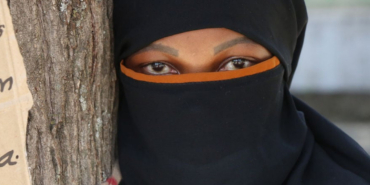




Comments
DV I s Global.The world is…
Permalink
DV I s Global.The world is Dark and Evil.
Makende mbaya.
Permalink
Makende mbaya.
For real, Makende chafu.
Permalink
For real, Makende chafu.
Add new comment